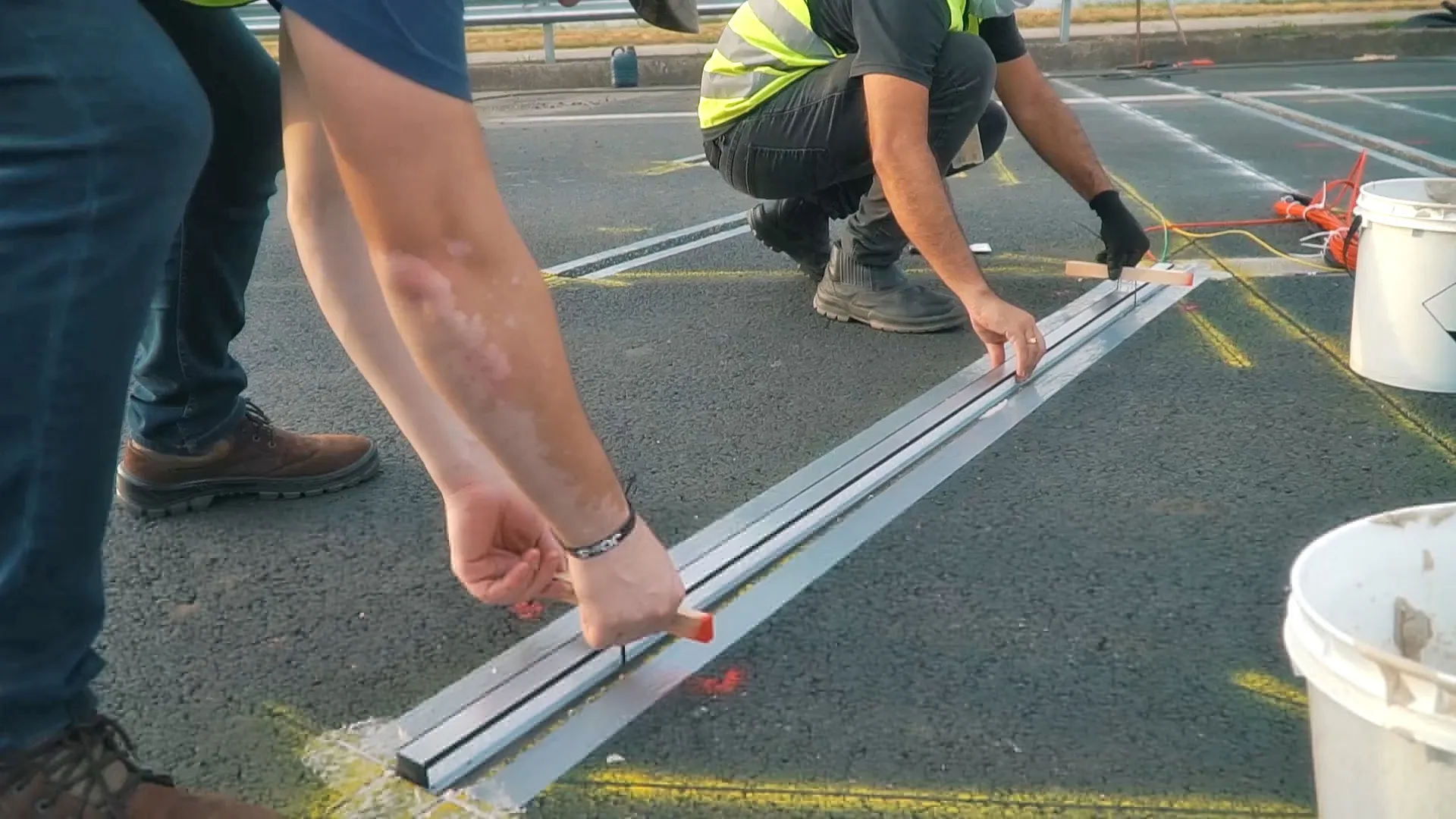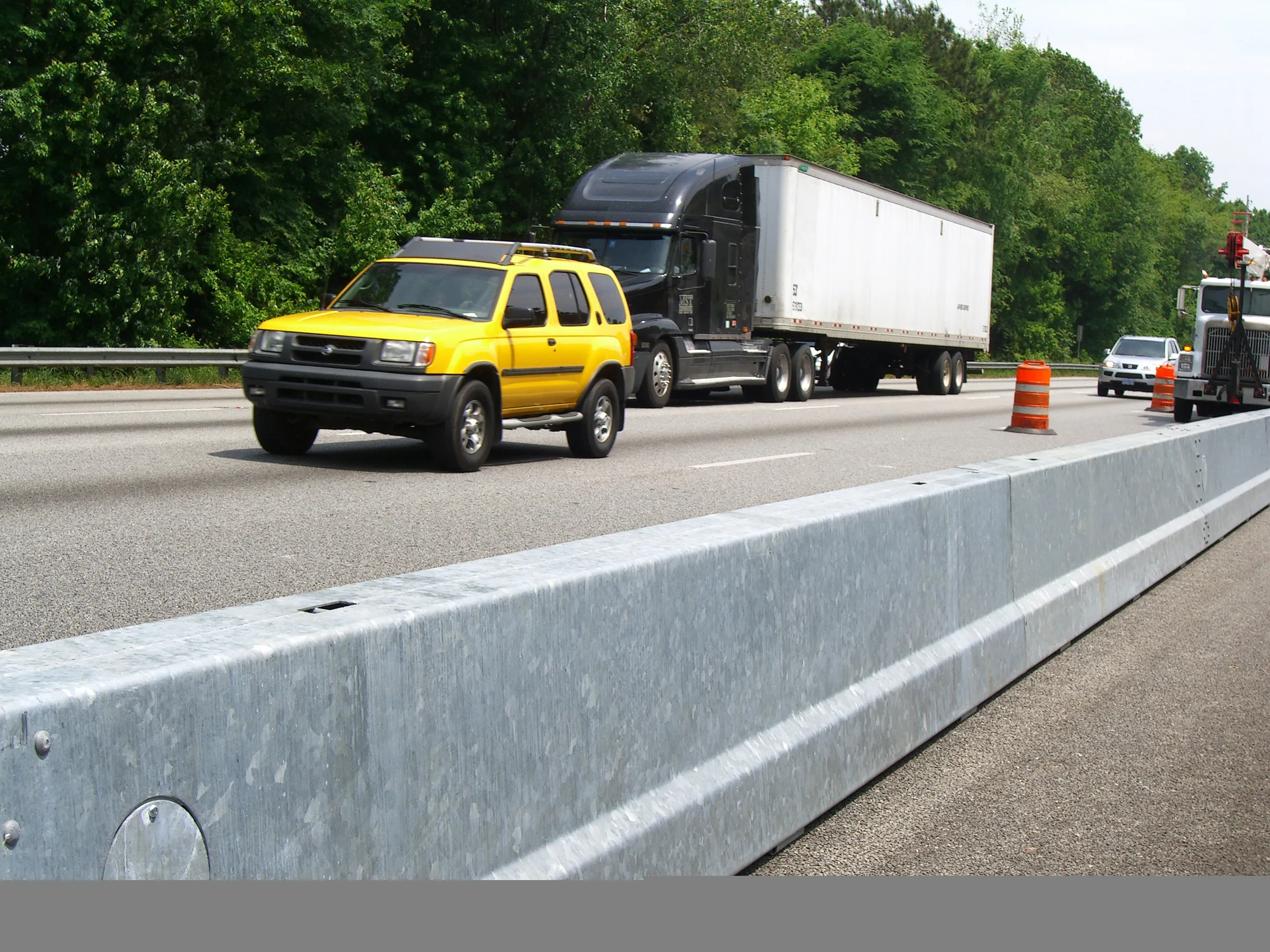The authorities in the Italian city of Bologna are proposing a new ruling that will ban the use of two wheelers from the roads on days when the temperature drops below zero. Any cyclists or scooter riders seen on the roads when the weather is freezing will be fined the princely sum of €39 should they be spotted by a traffic officer. The move is intended to reduce the numbers of accidents. However, the city authorities have not insisted on tougher enforcement of existing laws such as on seat belt use or driv
February 18, 2013
Read time: 1 min
The authorities in the Italian city of Bologna are proposing a new ruling that will ban the use of two wheelers from the roads on days when the temperature drops below zero. Any cyclists or scooter riders seen on the roads when the weather is freezing will be fined the princely sum of €39 should they be spotted by a traffic officer. The move is intended to reduce the numbers of accidents. However, the city authorities have not insisted on tougher enforcement of existing laws such as on seat belt use or driving under the influence and it seems this new piece of legislation will do little to improve safety. Instead it will simply result in even greater levels of congestion in an already traffic-clogged city.








